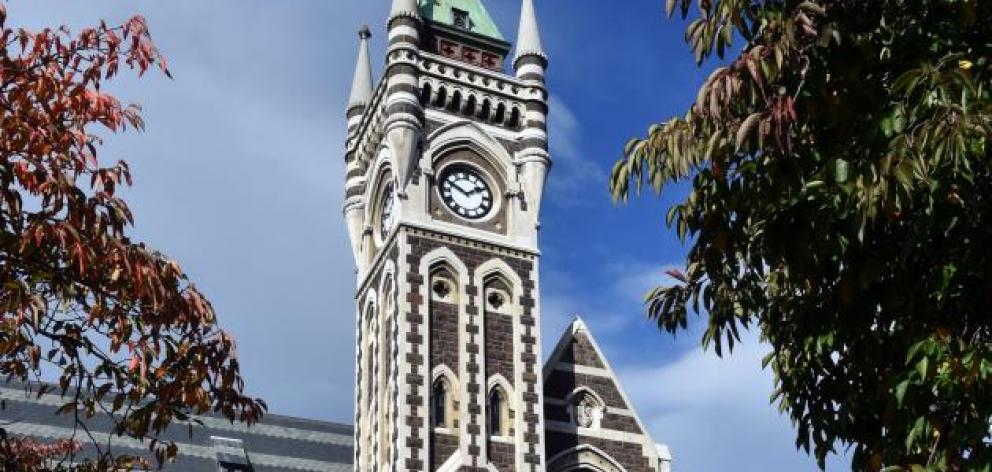
We have made a pretty good fist of it so far. We started shopping when we emerged from lockdown and the slowdown seems yet to hit.
Trades and services returned to lengthy forward bookings and free-spending Kiwis became willing tourists in their own country.
The national housing market did not collapse and the brakes did not go on car sales. Surveys tell us we are more upbeat than we probably should be.
Of course, the worst may yet come. The government wage subsidy is set to end, and confidence with it.
Fewer people will be in work by the end of the year but they will be helped to ‘‘pivot’’ and build a new-look workforce.
The Government’s pandemic budget provided $1.6 billion for trades and apprenticeships training, with $334.1 million for additional tertiary education enrolments.
It should allow more New Zealanders to enrol in tertiary study. The cash will follow the students, and keep many other people in jobs.
At least, so goes the theory. In reality, the next few months — possibly the next few years — will be difficult for our universities and polytechnics.
We are starting to understand how much the education sector has come to rely upon the revenue generated by thousands of international students.
International student education is worth more than $5 billion a year in terms of gross domestic product. Now, that sizeable sector is virtually closed.
A sudden surge in domestic enrolments will not make up for the many, many millions of dollars that have been lost to the sector since March. International students pay a premium for their New Zealand education, and institutions can use that premium to deliver more for all students.
It may take three to four domestic students to restore the revenue lost when an international student drops off a polytechnic’s enrolments. For universities, the ratio may be two to one.
The Tertiary Education Union warns our institutions cannot simply double or treble their numbers to balance the books. Doing so will simply double or treble the money, time and people they need, bringing new pressure — and cost — on already lean operations.
The Government allowed $141million for a general 1.6% increase to tuition and training subsidies in the pandemic budget but it is clear this will not claw back the additional costs.
The most obvious way to do that — opening the borders to international students — remains unpalatable until we can be assured our border facilities can cope.
It might also be impractical, given how hard it is for anyone, anywhere to fly between countries and then to New Zealand.
Some continue to lobby to manage their own quarantine centres, to attract students to one of the few Covid-19-free places in the world.
But the most enduring, medium-term response must be to improve the way the institutions are financed, to ensure they remain sustainable without such significant reliance upon international markets.
Now is the time to speed up plans for a new polytechnic funding system, being developed as the New Zealand Institute of Skills and Technology beds in. It is meant to be ready for 2024, but it is clear cost and revenue pressure will mount before then.
It may also be time to consider how, post-election, the $14 billion left in the Covid-19 recovery fund can be used to help universities and polytechs meet their own second wave.
Finance Minister Grant Robertson says the money will be spent only if needed, and then only to provide support and stimulus to recover and rebuild from Covid-19.
This is also the job of our universities and polytechnics. They cannot be expected to erode their reserves and borrow if education is to help the nation recover and rebuild.
Comments
The institutions will survive. The will raise the price they charge domestic students until they can gouge the international students again. The quality of teritiary education here isn't all that great. The price is not comenserate with the quality. The downturn in the economy will turn many away from wasting their time and money on University education. A good place to start would be a reduction in the vice Chancellor's salary and benefits. Total waste of money!












